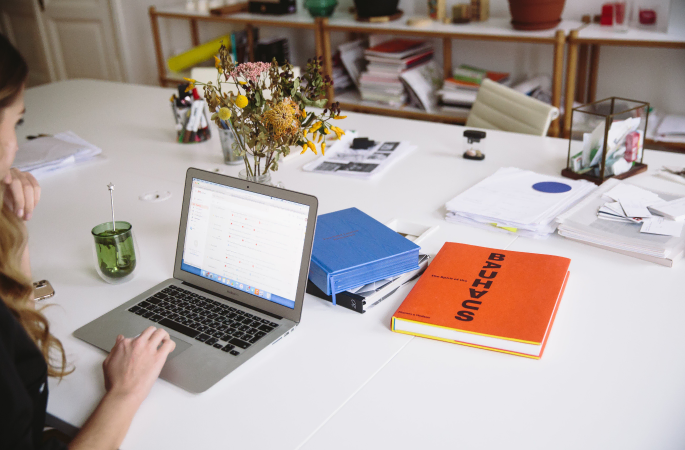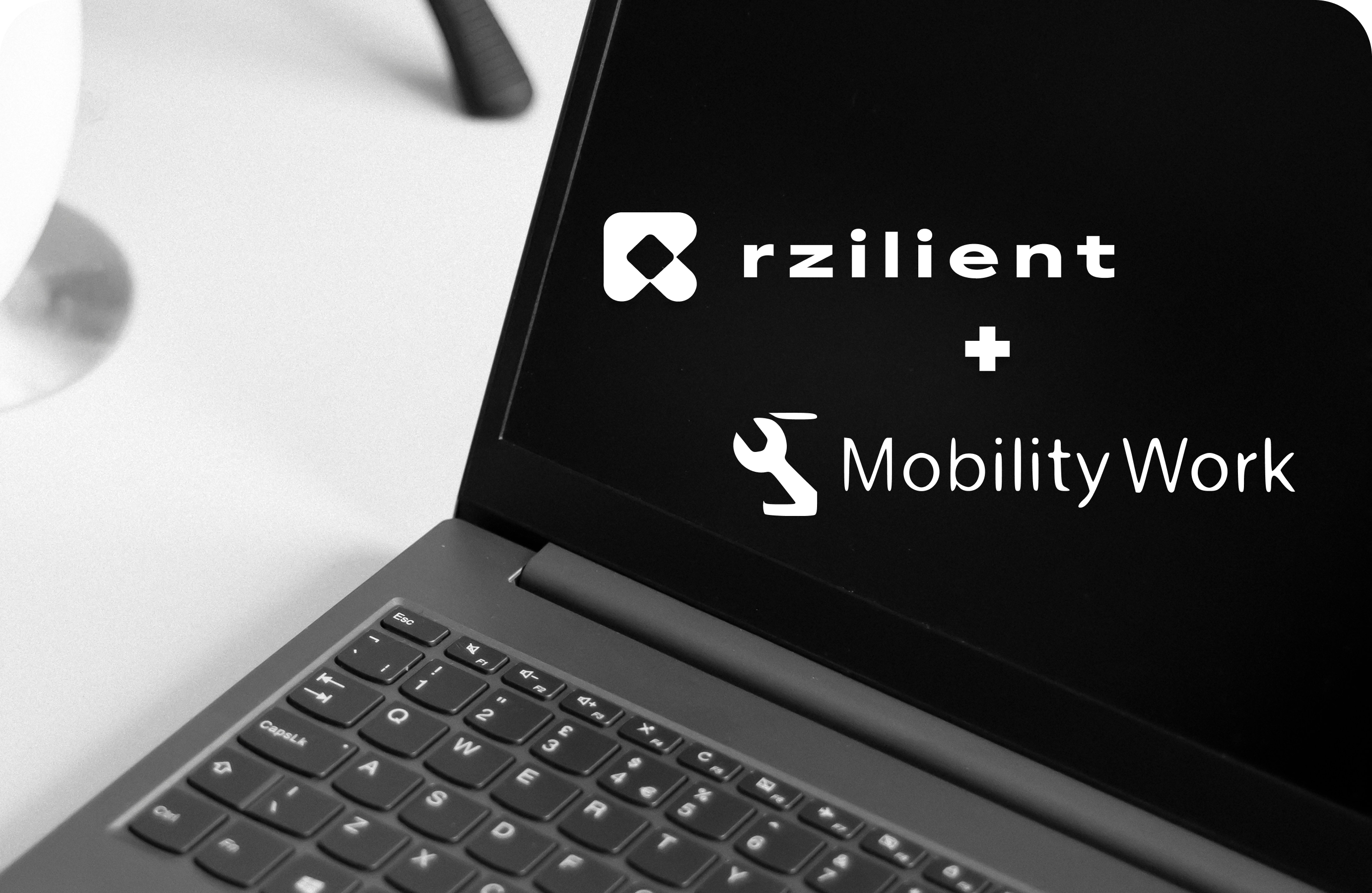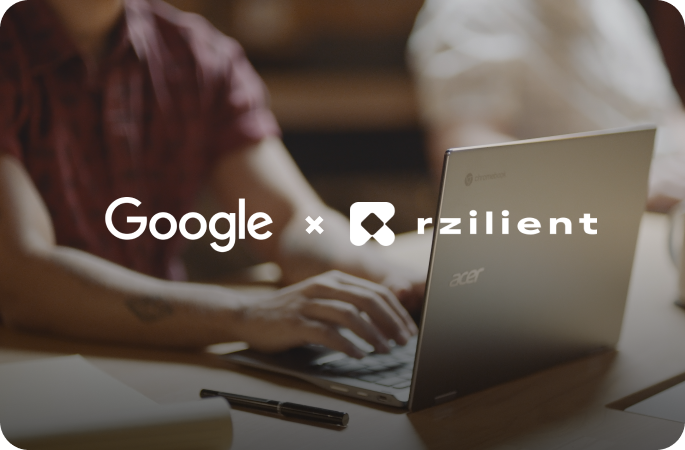Comment choisir entre leasing et achat de matériel IT pour votre entreprise ?

Profitez d'un support IT efficace
Découvrez notre solution tout-en-un
Face à l'évolution rapide des technologies, les entreprises doivent choisir entre louer ou acheter leurs équipements IT. Chaque option présente des avantages et des inconvénients distincts. Mohamed notre expert IT vous donne les points forts et les faiblesses du leasing et de l'achat afin de vous aider à déterminer la meilleure stratégie pour votre organisation.
Le leasing une bonne ou mauvaise idée pour votre entreprise ?
Qu’est-ce que le leasing de matériel informatique ?
Le leasing de matériel informatique, c’est un peu comme un abonnement : vous payez un loyer mensuel au lieu d’investir une grosse somme dès le départ. Concrètement, ça veut dire que vous équipez vos collaborateurs en ordinateurs, smartphones ou tablettes dernier cri, sans bloquer votre trésorerie. Le top ? Vous pouvez renouveler votre parc IT facilement et suivre les évolutions technologiques sans vous soucier de la revente ou de la maintenance d’équipements vieillissants. En fin de contrat, vous prolongez la location, vous changez de matériel ou vous l’achetez, selon ce qui vous arrange le plus.
Pourquoi envisager le leasing d'équipements IT ?
Pour rester à la pointe de la technologie
Dans des domaines comme la technologie, les finances, les médias, qui ont besoin d’avoir les derniers équipements IT le leasing offre une grande flexibilité. Il permet aux entreprises de rester compétitives en renouvelant régulièrement leur parc informatique sans immobiliser des capitaux importants.
Mohamed, notre expert IT, souligne : "Pour un client dans le secteur technologique, je lui ai conseillé le leasing car cela lui permis de mettre à jour ses équipements tous les deux ans, lui assurant ainsi de toujours disposer des dernières innovations.
Pour la flexibilité
Le leasing peut s'adapter aux besoins de votre entreprise, que ce soit pour augmenter ou diminuer votre flotte IT. Cette flexibilité est précieuse pour les startups et les entreprises en phase de croissance.
Mohamed ajoute : "Le leasing offre une élasticité pour nos clients en croissance, adaptant leurs équipements IT en temps réel à leurs besoins."
L’inconvénient du leasing
Le principal inconvénient du leasing est souvent lié à la rigidité des contrats, qui peuvent parfois manquer de transparence et de souplesse. Il est crucial de lire attentivement les termes pour éviter les surprises, comme des frais cachés ou des pénalités pour rélation anticipée.
Découvrez notre catalogue de produit disponible en leasing
L'achat d'équipements IT une bonne stratégie ?
Les avantages de l'achat d'équipements IT
L'achat d'équipements représente un coût initial plus élevé, mais il est généralement plus économique sur le long terme, surtout si vous disposez de compétences IT internes pour la maintenance. C'est un investissement durable qui peut se rentabiliser avec le temps.
Mohamed explique : "J'ai recommandé l'achat à une entreprise avec une équipe IT car, sur la durée, les coûts de possession et de maintenance se révèlent inférieurs par rapport au leasing."
Contrôle et propriété complets
Acheter votre matériel informatique vous donne un contrôle total sur celui-ci. Vous pouvez effectuer des mises à jour, des modifications ou des reconfigurations selon les besoins spécifiques de votre entreprise, sans restrictions imposées par un contrat de leasing.
Durabilité et responsabilité écologique
L'achat est considéré comme plus écologique, surtout si vous maintenez le matériel en bon état et prolongez sa durée de vie.
.png)
L’inconvénient de l'achat
L'achat nécessite un investissement initial conséquent. De plus, la gestion du renouvellement du matériel et de sa maintenance peut représenter un défi logistique et financier.
Les facteurs à considérer pour votre entreprise pour prendre la meilleure décision
Analyse des besoins spécifiques de l'entreprise
Il est essentiel d'évaluer précisément vos besoins actuels et futurs en matière d'équipement IT pour déterminer si le leasing ou l'achat est le plus judicieux. Considérez les aspects techniques et opérationnels.
Impact sur la trésorerie et la planification financière
Le choix entre leasing et achat a des implications directes sur la trésorerie et la planification financière de votre entreprise. Le leasing peut aider à préserver le capital et à stabiliser les dépenses mensuelles, tandis que l'achat est un investissement qui peut affecter votre capacité à financer d'autres domaines de l'entreprise à court terme.
Finalement quelle stratégie choisir ?
Le choix entre leasing et achat d'équipements IT dépend de nombreux facteurs, y compris la nature de votre activité, votre croissance prévue, et votre stratégie financière. Prendre le temps de peser les avantages et les inconvénients de chaque option vous aidera à prendre une décision.
Nous vous conseillons dans votre stratégie






